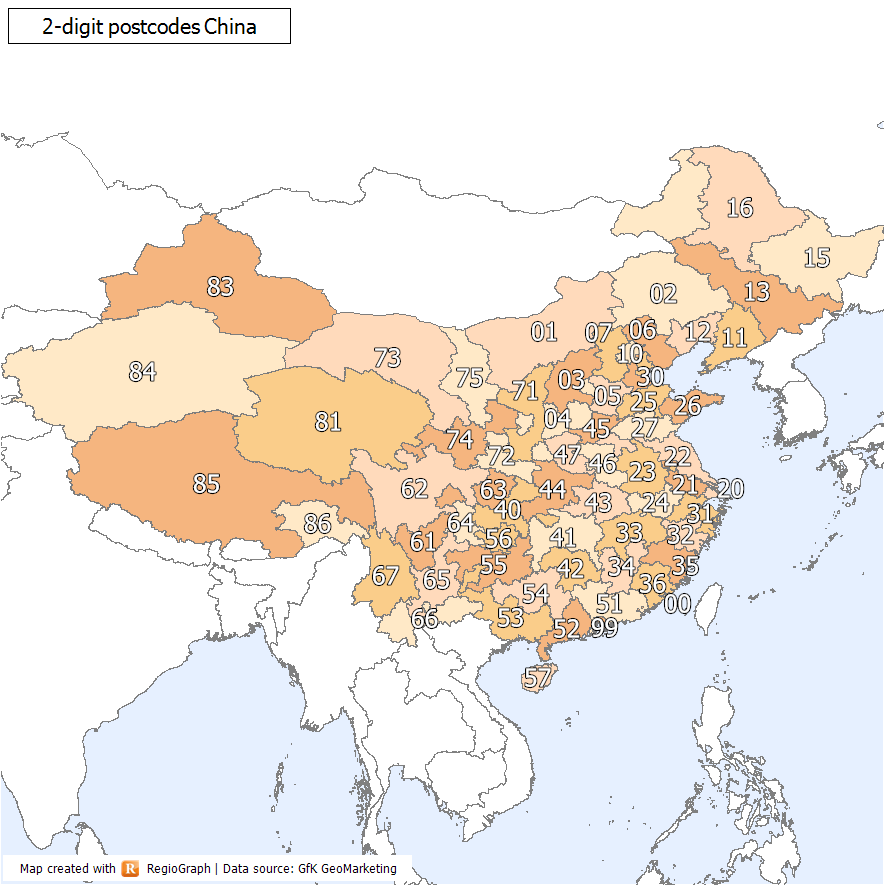|
Peixian
Pei County, or Peixian (), is under the administration of Xuzhou, Jiangsu province, China, bordering the Shandong prefecture-level cities of Jining to the northwest and Zaozhuang to the northeast and sitting on the western shore of Nansi Lake. It has an area of and a population of 1,141,935 in 2010. History Pei County was the hometown of Liu Bang, the founding emperor of the Han dynasty, and of his oath brother Fan Kuai, one of the most well-known lords who helped Liu Bang to overthrow the Qin dynasty and establish the Han dynasty. Fan Kuai's descendants are still living in Pei County now. Xiaopei (小沛) is an ancient Chinese town located in present-day Pei County. In the late Eastern Han dynasty, it was under the jurisdiction of the Xu Province, which was governed by Tao Qian. Before Tao Qian died, he handed his governorship over to Liu Bei. Liu Bei took refuge in Xiaopei when Lü Bu Lü Bu (; died 7 February 199), courtesy name Fengxian, was a Chinese military general, ... [...More Info...] [...Related Items...] OR: [Wikipedia] [Google] [Baidu] |
Postal Code Of China
Postal codes in the China, People's Republic of China () are postal codes used by China Post for the delivery of letters and goods within mainland China. China Post uses a six-digit all-numerical system with four tiers: the first tier, composed of the first two digits, show the provinces of China, province, province-equivalent direct-controlled municipalities of China, municipality, or autonomous regions of China, autonomous region; the second tier, composed of the third digit, shows the postal zone within the province, municipality or autonomous region; the fourth digit serves as the third tier, which shows the postal office within prefectures of the People's Republic of China, prefectures or prefecture-level city, prefecture-level cities; the last two digits are the fourth tier, which indicates the specific mailing area for delivery. The range 000000–009999 was originally marked for Taiwan (The Republic of China) but is not used because it not under the control of the People' ... [...More Info...] [...Related Items...] OR: [Wikipedia] [Google] [Baidu] |
Fan Kuai
Fan Kuai (242 – July 189 BC) was a military general of the early Western Han dynasty. He was a prominent figure of the Chu–Han Contention (206–202 BC), a power struggle for supremacy over China between the Han dynasty's founder, Liu Bang, and his rival Xiang Yu. Early life Fan Kuai was a close friend of Liu Bang, both from the same hometown of Pei County (present-day Feng County, Jiangsu). In his early days, he was a butcher specialized in preparing dog meat. He married Lü Xu, the younger sister of Liu Bang's wife Lü Zhi, making him an extended kin of the Liu family (later the royal family of Han dynasty) via affinity. Rebelling against the Qin dynasty Once, Liu Bang released the prisoners he was escorting and became an outlaw on Mount Mangdang (in present-day Yongcheng, Henan). Following the Dazexiang Uprising in 209 BC, the magistrate of Pei County also wanted to rebel as well so he heeded Xiao He and Cao Shen's advice, and sent Fan Kuai to Mount Mangdang to invit ... [...More Info...] [...Related Items...] OR: [Wikipedia] [Google] [Baidu] |
Lü Bu
Lü Bu (; died 7 February 199), courtesy name Fengxian, was a Chinese military general, politician, and warlord who lived during the late Eastern Han dynasty of Imperial China. Originally a subordinate of a minor warlord Ding Yuan, he betrayed and murdered Ding Yuan and defected to Dong Zhuo, the warlord who controlled the Han central government in the early 190s. In 192, he turned against Dong Zhuo and killed him after being instigated by Wang Yun (Han dynasty), Wang Yun and Shisun Rui (), but was later defeated and driven away by Dong Zhuo's followers. From 192 to early 195, Lü Bu wandered around central and northern China, consecutively seeking shelter under warlords such as Yuan Shu, Yuan Shao, and Zhang Yang (warlord), Zhang Yang. In 194, he managed to take control of Yan Province from the warlord Cao Cao with help from defectors from Cao's side, but Cao Battle of Yan Province, took back his territories within two years. In 195, Lü Bu turned against Liu Bei, who had offere ... [...More Info...] [...Related Items...] OR: [Wikipedia] [Google] [Baidu] |
Liu Bei
Liu Bei (, ; ; 161 – 10 June 223), courtesy name Xuande (), was a China, Chinese warlord in the late Han dynasty#Eastern Han, Eastern Han dynasty who later became the founding Emperor of China, emperor of Shu Han, one of the Three Kingdoms of China. Despite early failings and lacking both the material resources and social status other warlords of his time commanded, he gathered support among Han loyalists who opposed Cao Cao, the warlord who controlled the Han central government and the figurehead Emperor Xian of Han, Emperor Xian, and led a popular movement to restore the Han dynasty. Liu Bei overcame a number of setbacks to carve out his own realm, which at its peak spanned present-day Sichuan, Chongqing, Guizhou, Hunan, and parts of Hubei, Yunnan, and Gansu. Bolstered by the cultural influence of the 14th-century historical novel ''Romance of the Three Kingdoms'' and its portrayal of Liu Bei as an exemplar of virtuous Confucianism, Confucian rule, Liu Bei is widely revered ... [...More Info...] [...Related Items...] OR: [Wikipedia] [Google] [Baidu] |


